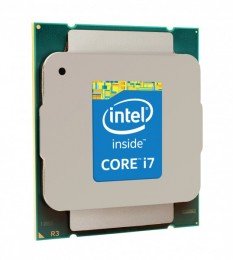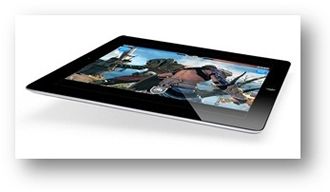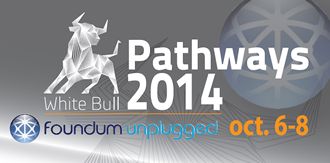 Search engine Google has come up with a novel way of getting people to update their browsers to something a little more recent.
Search engine Google has come up with a novel way of getting people to update their browsers to something a little more recent.
Users of browsers which can remember the use of shoulder pads and Duran Duran are suddenly getting served up search results which are just as old.
An Opera 12.17 user complained on a Google help desk that, Google’s homepage reverted to the old version him. If he searched for something, the results are shown with the current Google look, but the homepage itself is the old look with the black bar across the top. It seemed to affect only the Google homepage and image search. However he still got the latest news.
Opera is currently using version 24, version 12 was bought out in June 7, 2011.
A Google spokesman said that there was not a fault with Google, in fact it was proof that the “encouragement” to upgrade was working perfectly. He suggested politely that if the user wanted a modern Google they should run a modern browser to support it.
“We’re continually making improvements to Search, so we can only provide limited support for some outdated browsers. We encourage everyone to make the free upgrade to modern browsers — they’re more secure and provide a better web experience overall,” the spokesman wrote on the thread.
Strangely, the help desk thread continued with people using old browsers insisting that there must be a fault with Google’s programming. After all, there was nothing wrong with working with the same version of Safari which was blessed by Steve Jobs while he was young and healthy is there?


















